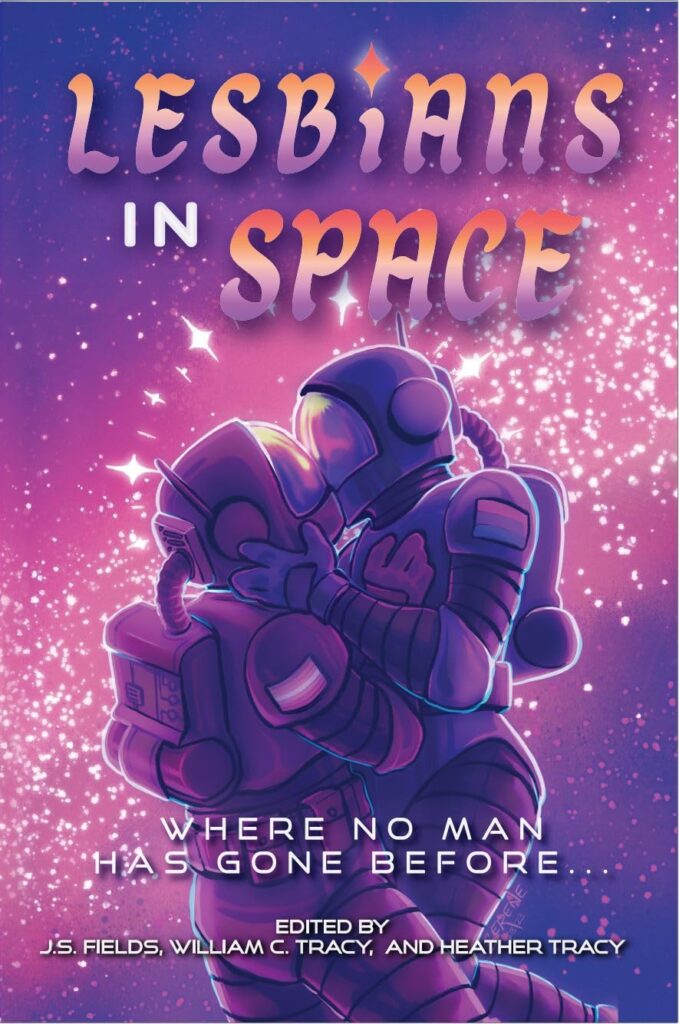I’ve been so busy the past few weeks with WorldCon stuff that I completely forgot: my graduate thesis has been published to PDXScholar and is available for anyone to read.
Titled “Approaches to Contested In-Group Terminology for Mindful Editors”, I examined the question of how editors and other publishing professionals can ethically go about using respectful terminology for marginalized groups when all possible terminology is considered inappropriate by some subset or another of said marginalized group (what I refer to in the paper as “contested in-group terminology”). Specially, I took a look how publishing has approached this in the past by examining the terminology used by 90 books published over the past decade with regards to fat, disabled, and queer identities (I go in more depth as to why I chose to use those specific terms in the paper), and coded the data to find any trends in the language that’s been used.
Here’s the full abstract:
In the conversation about mindful editing, a conundrum exists with regards to marginalized groups for whom all possible labels to identify the group contain loaded histories and connotations, and different subsets of these marginalized groups are in disagreement about what terminology is most appropriate. This contested in-group terminology places editors in a position where any editorial choice they make has high risk of offending or alienated members of the very group the editor hopes to represent. How, then, do mindful editors approach the matter of contested in-group terminology in an ethical manner? This study examines the approaches to contested in-group terminology used by the publishing industry in the past decade, examining word-choice and framing in the back cover copy and titles from three datasets of books featuring characters that belong to the following identity groups: fat, disabled, and queer. The data shows that publishing has been taking different approaches to language for each of these groups and that mindful editors cannot expect one approach to navigating contested in-group terminology to translate easily to other groups. The data also reveals some areas where the publishing industry and readers are in disagreement about appropriate labels for marginalized groups. In order to address contested terminology, mindful editors need to understand the histories of the terminology in question, consider the audience and the author’s intention with their word-choice, and research arguments for or against particular word-choice from a variety of in-group sources to make well-reasoned and deliberate choices for terminology and framing.
One thing that’s not in the paper is a conversation I had with my graduate committee about my findings, in which my committee asked if I had any recommendations for how publishers can commit to specific policies regarding contested in-group terminology. My suggestion was that publishers could be more transparent about their editorial house style–most publishers already have their house styles internally documented, and it would be a simple matter of publishing that information. This would allow publishers a chance to explain why they make certain editorial choices with contested in-group terminology (since one of the big conclusions of my findings was that just being able to explain why one term is used over another is one of the most significant factors in mindful editing), as well as help de-escalate some of the contention surrounding this topic, as the contested in-group terminology would be mixed in with all of the other editorial choices included in the publisher’s house style.
Anyway, if you have a stomach for dense academic writing or have any interest in editing, go ahead and give it a read. It’s actually not terribly long (don’t let the page count fool you–I had to cite 90 books, after all, so a big portion of that is just me listing my sources), and there’s even a few colorful graphs to break up all the dense research analysis.


